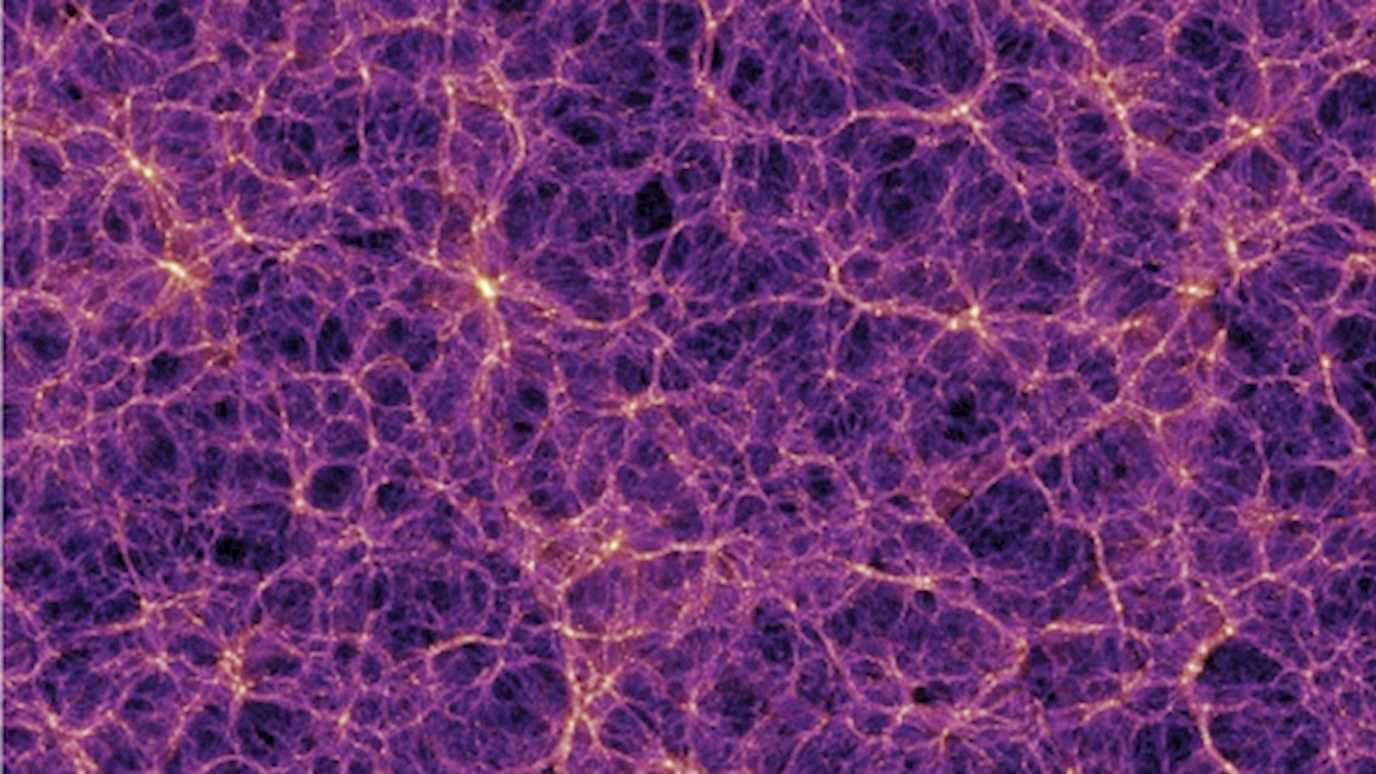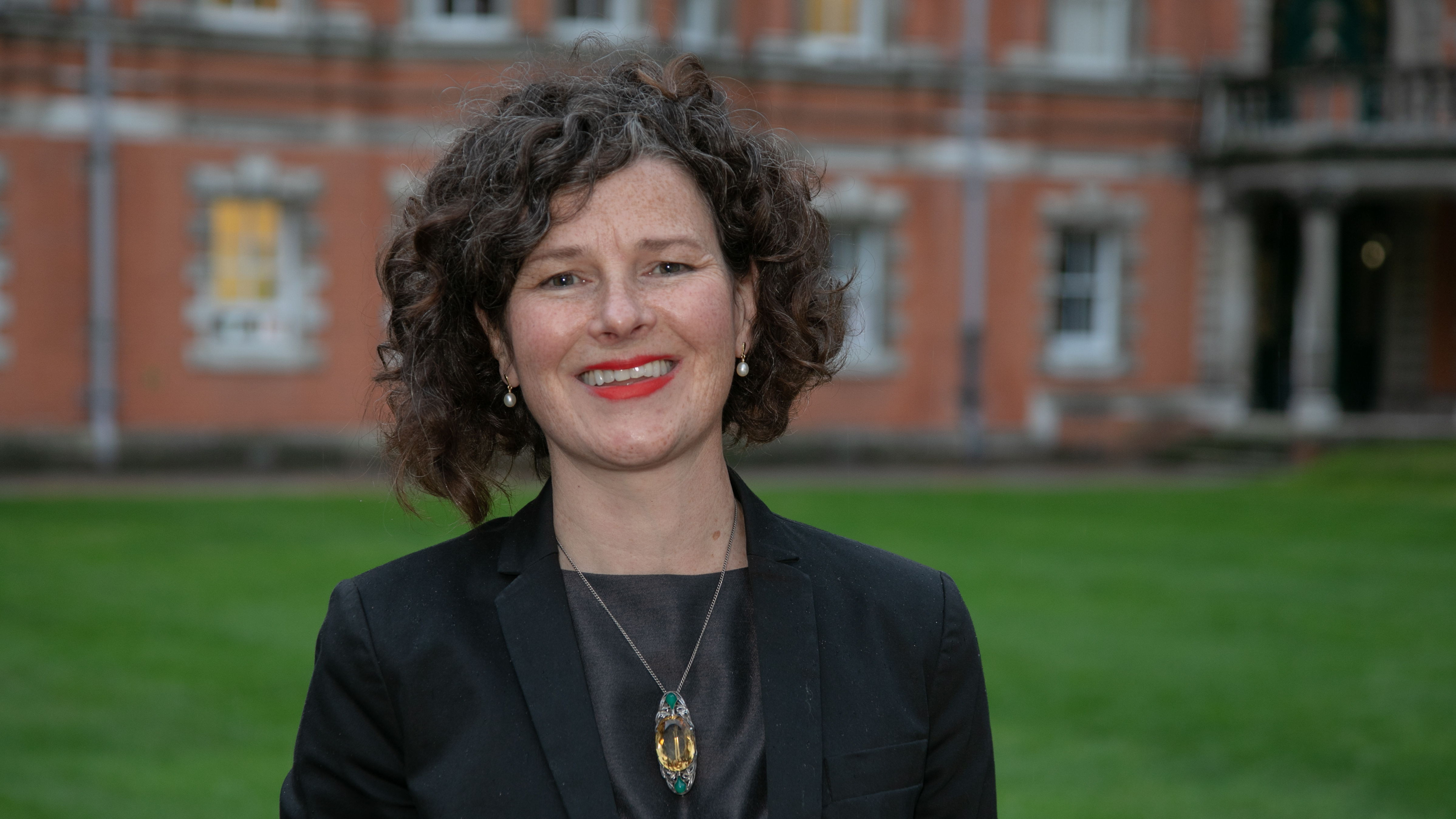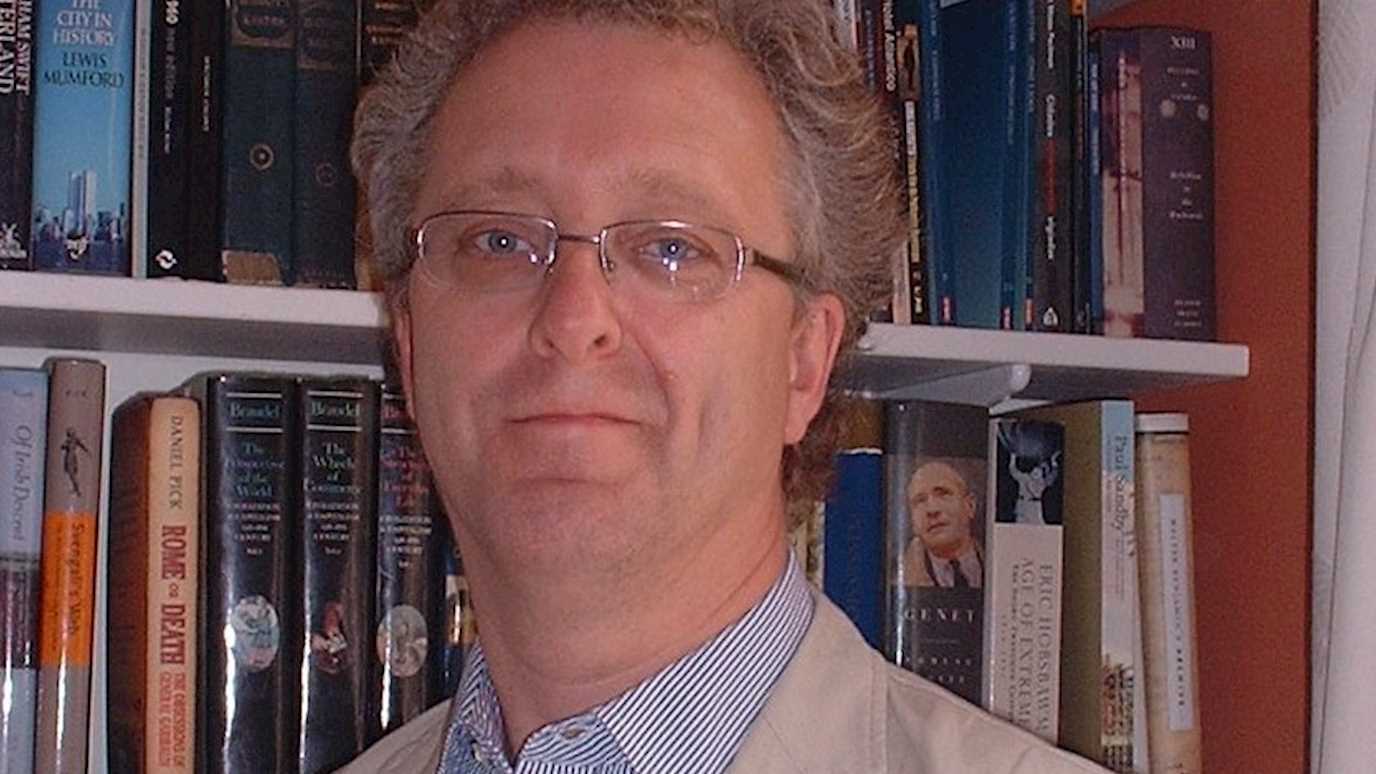Royal Holloway has received £2.3million of funding from the Science and Technology Facilities Council (STFC) to support its particle physics research.

The Centre for Particle Physics at Royal Holloway has four main activities:
- the energy frontier programme at the Large Hadron Collider, CERN
- accelerator physics with emphasis on future technologies
- weak interaction physics with neutrino oscillation searches and dark matter direct detection
- phenomenology of the energy frontier including cosmology connections.
The STFC grant will allow the Centre at Royal Holloway to continue its growth and its influence in the field both in the UK and internationally for experimental particle physics, a subset of our Centre’s activities.
Over the next three years, Royal Holloway's experimental activities, underpinned by this grant, will include major contributions to the ATLAS experiment at the Large Hadron Collider and DarkSide-20k dark matter experiments, amongst other projects.
Professor Véronique Boisvert, from the Department of Physics at Royal Holloway, said: “We are extremely pleased to have been given funding from the STFC to continue our work at the Centre.
“The research we do focuses on fundamental questions in physics today and funding like this makes sure we can continue our important work.”
STFCs grants helps to keep the UK at the forefront of answering some of the biggest and most complex questions in science and supports the next generation of UK particle physicists.
Particle physics studies the world at the smallest possible distance scales and the highest achievable energies, seeking answers to fundamental questions about the structure of matter and the composition of the Universe.
Professor Grahame Blair, STFC Executive Director for Programmes, added: “STFC continues to support the experimental particle physics community in the UK in answering fundamental questions about our Universe.
“The grants are vital in supporting technicians, engineers and academics in their skills and expertise in the field, all while encouraging career development in fundamental research with both universities and international collaborators.
“This investment underpins the UK physics community and enables continued UK leadership in the field of experimental particle physics.”
























